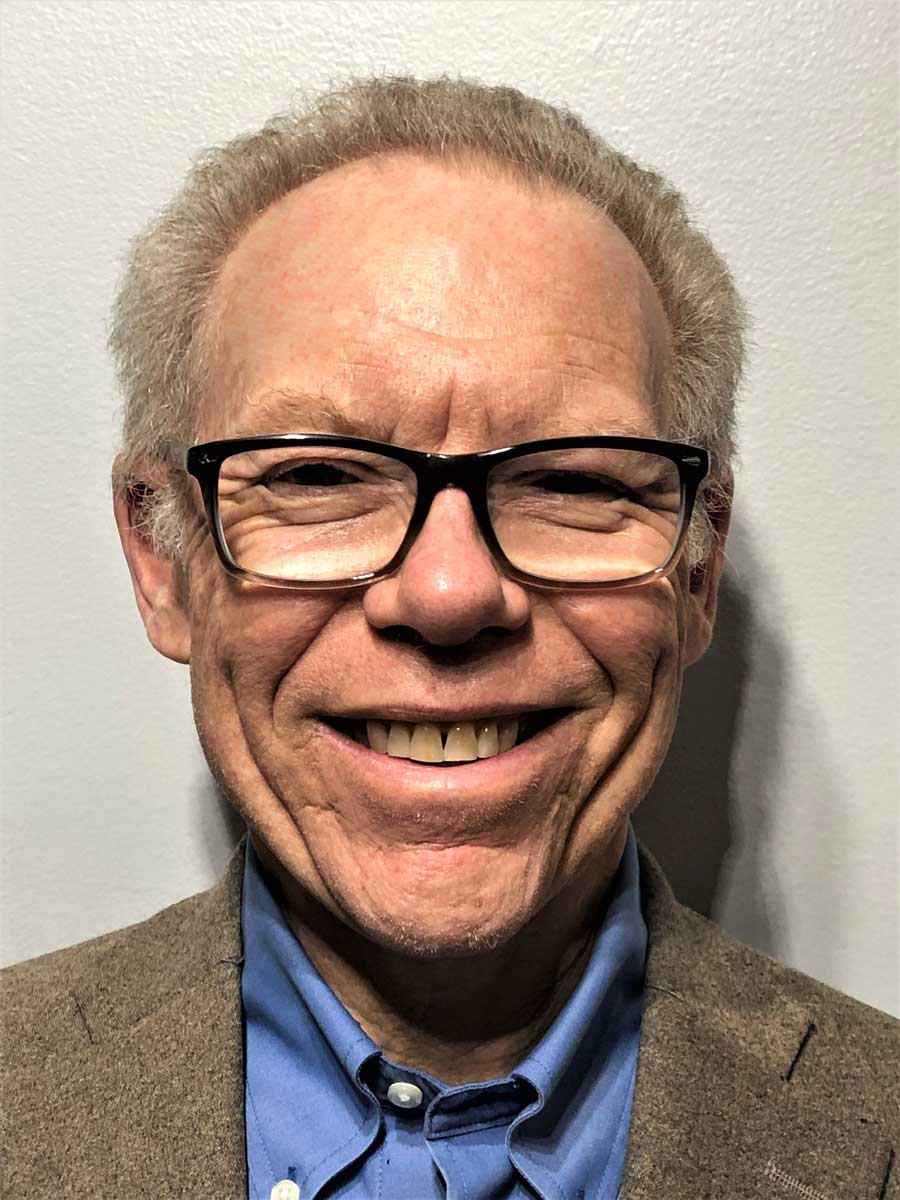by Bill Clontz, UUA Stewardship Consultant
Not too long ago I had the opportunity to talk with the Treasurer of a UU congregation that had worked with the minister to develop a set of stewardship principles that laid out in clear language what a healthy stewardship environment looked like. The list has been tweaked a bit by others over time, but the core is about as solid and fundamental as one could hope to find.
It remains one of my favorite touchstones, a guide for conduct and a reminder of the joys of a generous spirit developed in community. I commend the first five of them to you for your reflection this month, with the remainder coming next month.
Principles for Healthy Stewardship
1. Every member is both a “customer” and an “owner” — and a steward.
We are customers because we receive services, such as worship, religious education, and the newsletter. We are owners because we make decisions about the future of the church at congregational meetings and as lay leaders.
When we talk about stewardship, we are not talking to members in their role as customers. We are not asking if Sunday worship was a good value this month or whether we “exceeded expectations” with our hospitality. Instead, we are talking to members as owners. We are asking how to best meet our mission and vision, and how each one of us can contribute to that success.
In short, the ministry of stewardship does not present stewardship as “payment for services;” rather, stewardship is our commitment to build and sustain a healthy religious community. We are first and foremost stewards of what has been entrusted to us.
2. For each person or household there is a contribution amount that is both affordable and represents a serious commitment.
One of the goals of a stewardship ministry is to help each member find that number. We don’t want members contributing more than they can afford; that isn’t sustainable or healthy. We also don’t want members contributing far less than they can afford because that shows a low level of commitment, and the existence of our institution depends on the commitment of our members. Some people already know “their number”, and that’s fine. Others need information, such as the giving guide and statistics like the median gift amount, to help them find a place on the scale of giving that is affordable and demonstrates their commitment.
3. Commitment follows involvement. The more a member becomes involved with the church, the more their commitment will grow. The ministry of stewardship encourages members to become more involved.
4. All contributions are important, and must be acknowledged by leaders.
Some gifts are important because they are large; we depend on these lead gifts to keep the budget balanced. Other gifts are important because they are numerous: in addition to helping balance the budget they demonstrate to the outside world and ourselves that we are a broad, committed religious community. We need to make sure that every member understands the importance of their gift, regardless of size, and how it fits into the overall structure of contributions.
5. Since our stewardship demonstrates our commitment, a stewardship ministry nurtures a sense of pride and satisfaction.
This means calling attention to stewardship throughout the year — not as a plea for money, but as a reminder that we should be proud of what we are doing. It means openly and joyfully recognizing the importance of stewardship in each program and activity.
Next month we will review principles 6-10. In the meantime, be thinking about these first five principles and how well they are reflected in your congregation. If they do not seem recognizable, you have work to do and conversations to hold.
Bill Clontz is the Southern Region’s UUA stewardship consultant and a member of the Congregational Stewardship Network. You can reach Bill through the CSN, through the Southern Region staff, or at bclontz@uua.org. Learn more about the CSN at http://www.uua.org/finance/fundraising/index.shtml .
This blog has a new posting each month, at midmonth. You may check this site directly and you may add it to your RSS feed. Comments and discussion are always welcome on this site; share your experiences with us.

Stewardship Consultant Barry Finkelstein has been a Unitarian Universalist congregational stewardship consultant since the Fall of 2007 and has worked with over 100 congregations on annual budget drives, capital campaigns, and strategic planning. This is Barry’s last post as he is retiring effective January 1, 2025.

